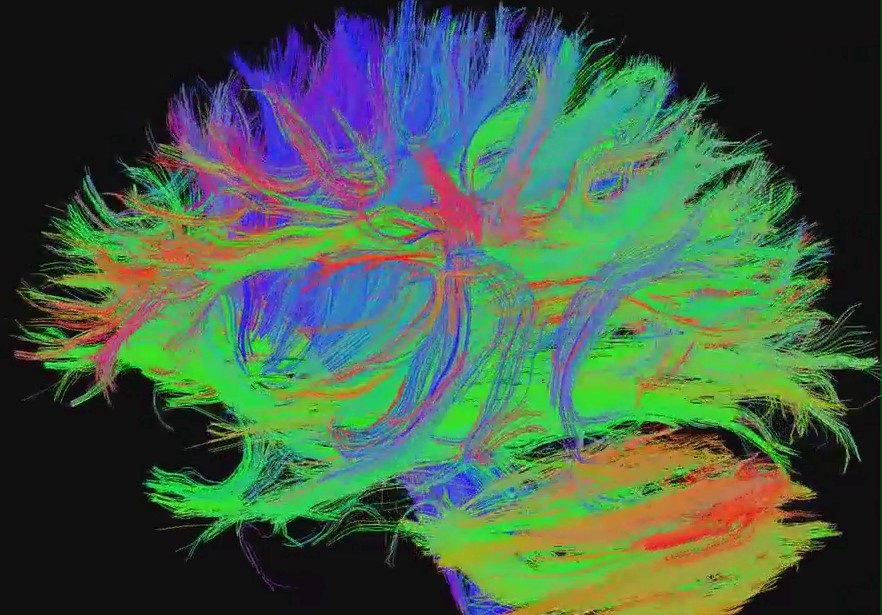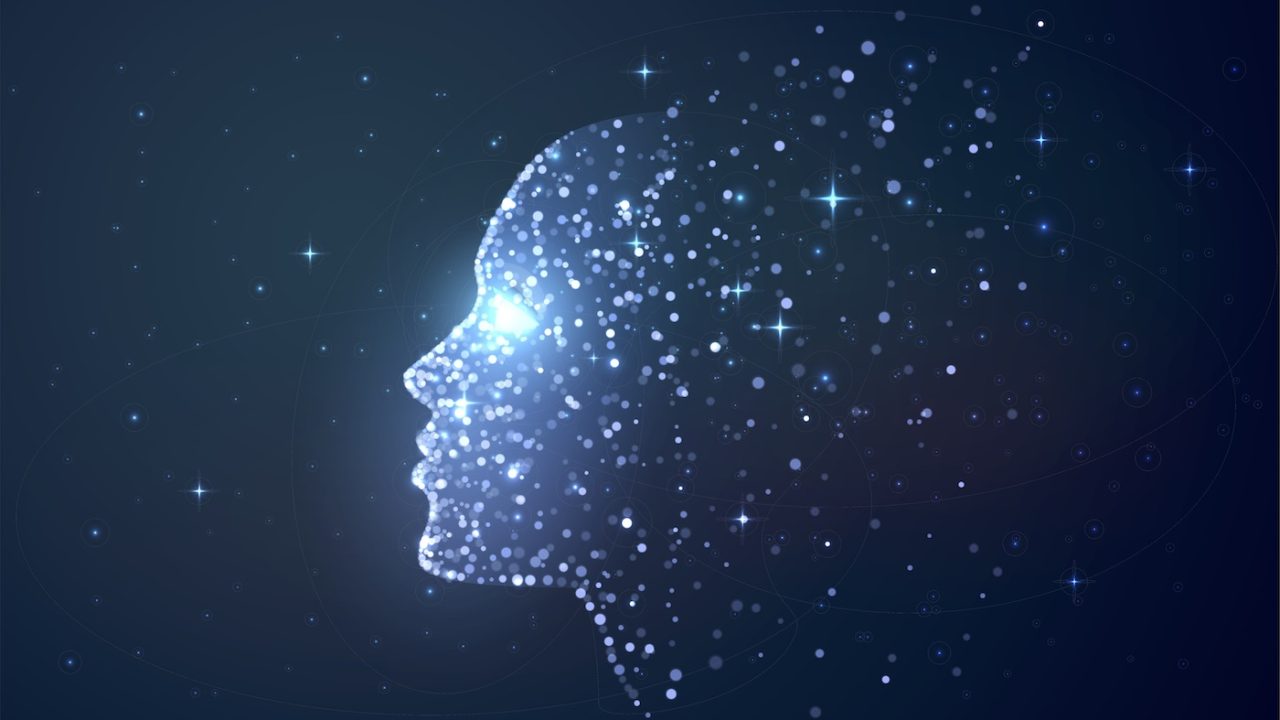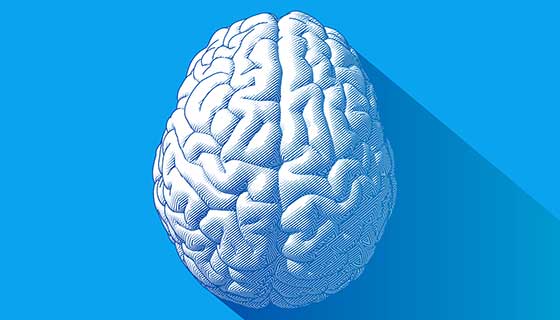24Apr2023 Topic: What Do You Really Know?
Qualifier: Don’t get wrapped up in the little stuff, what might seem proven while visiting the Earth Simulator otherwise known as this Life.
What do I know?
Ref1: Solipsism: the philosophical idea that only one's mind is sure to exist. As an epistemological position, solipsism holds that knowledge of anything outside one's own mind is unsure; the external world and other minds cannot be known and might not exist outside ...
Ref2: Agnosticism is an applicable concept, but engulfed by reference 1 imo.
I know four things for certain. To start I like this phase to describe it: I think therefore I am, and I’ll add a qualifier, I have the consciousness, and self awareness to claim I exist In some form, that I have the presence to realize I exist (1). I also know I was inserted into this specific reality described as a simulation or my life (2), and that there is an end date where my presence in this form will cease to exist as it currently does (3). Beyond that, I know nothing…as certain (4)..
FOR THE REST OF YOU, I can’t really say If you are real or not. For all I know, not only is this a version of the Matrix (1999 movie reference), you all could be like minded souls living in the perfect simulation, or you could be highly developed AI personalities to keep me from feeling lonely on this journey.

Qualifier: Don’t get wrapped up in the little stuff, what might seem proven while visiting the Earth Simulator otherwise known as this Life.
What do I know?
Ref1: Solipsism: the philosophical idea that only one's mind is sure to exist. As an epistemological position, solipsism holds that knowledge of anything outside one's own mind is unsure; the external world and other minds cannot be known and might not exist outside ...
Ref2: Agnosticism is an applicable concept, but engulfed by reference 1 imo.
I know four things for certain. To start I like this phase to describe it: I think therefore I am, and I’ll add a qualifier, I have the consciousness, and self awareness to claim I exist In some form, that I have the presence to realize I exist (1). I also know I was inserted into this specific reality described as a simulation or my life (2), and that there is an end date where my presence in this form will cease to exist as it currently does (3). Beyond that, I know nothing…as certain (4)..
- The end of mortal life as it appears in this reality could be the end, but then what is the point? Maybe it’s all chance, and happenstance….but, I don’t know.
- Counter to chance is design, this could be the Earth Simulator, with someone beyond the gray curtain of this reality pulling levers that make things happen…but, I don’t know.
- I like voting for the continuation of consciousness, a transistion to something else, a new experience…but, I don’t know.
- If this reality, the concept of a mortal life, and the premise of souls are all accepted, it could be a repeatable loop… but, I don’t know.
- _________________________________________________________________ (fill in the blank)
FOR THE REST OF YOU, I can’t really say If you are real or not. For all I know, not only is this a version of the Matrix (1999 movie reference), you all could be like minded souls living in the perfect simulation, or you could be highly developed AI personalities to keep me from feeling lonely on this journey.
Last edited:










